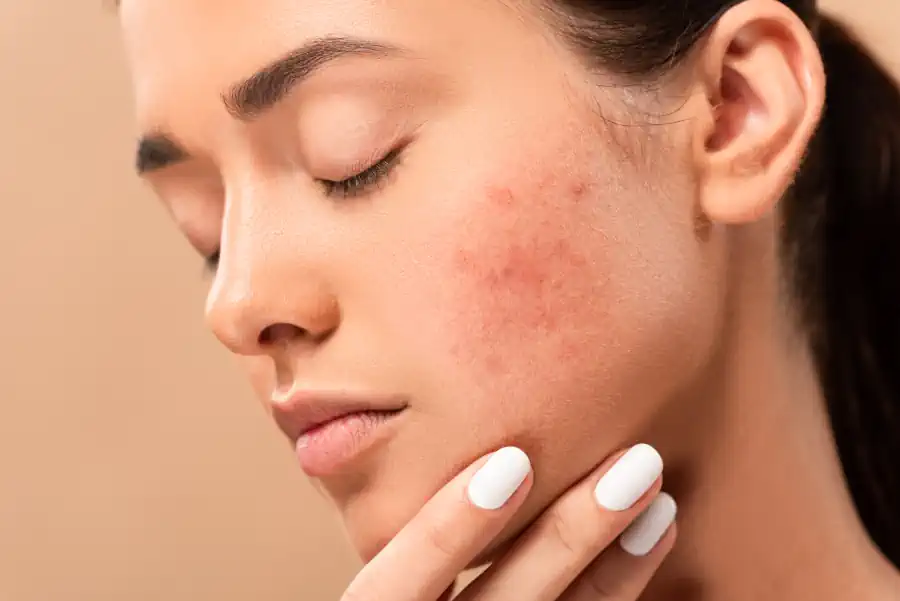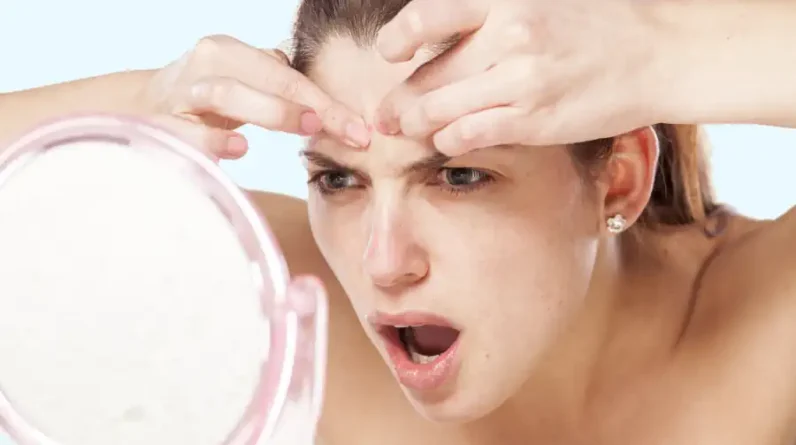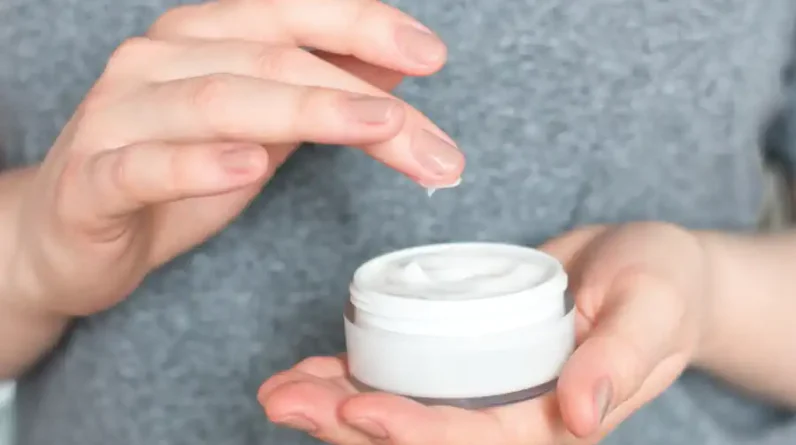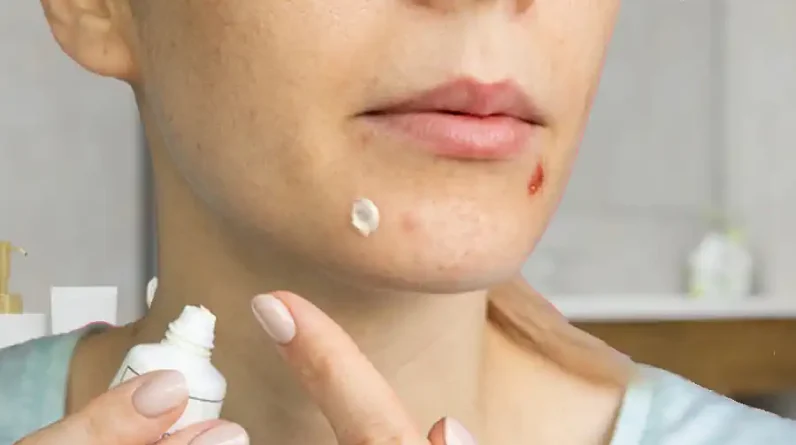Your skin is your body’s largest organ, and it does a lot more than just hold everything in. It protects you from the outside world, regulates your temperature, and eliminates toxins.

Oily Skin and Too Much Sebum
Your skin also produces sebum, an oily substance that helps to keep your skin soft and pliable. While sebum is essential for healthy skin, if you have too much of it can lead to clogged pores and acne.
So, there is a good reason that people with oily skin are prone to acne.
Normal and Dry Skin Acne
But what about people with dry or normal skin? Can they get acne too?
The answer is yes. Just because your skin isn’t oily doesn’t mean you’re in the clear when it comes to pimples. All skin types can be susceptible to acne, even if sebum overproduction isn’t the root cause.
So, what causes acne if your skin is not naturally oily? Here are a few things that can contribute to breakouts:
- Hormonal changes: Hormones like testosterone can increase sebum production. This may lead to more clogged pores and breakouts. It is why acne is common during puberty, pregnancy, and menopause.
- Makeup: Wearing heavy makeup or using oil-based products can clog pores and lead to breakouts, even if your skin isn’t oily by nature.
- Exfoliation: Over-scrubbing or exfoliating too often can irritate the skin and cause breakouts. On the other hand, not exfoliating enough can also lead to clogged pores and acne.
Also, medications that are commonly used to treat acne can actually cause dryness, redness, and irritation. Retinoids and antibiotics may lead to more breakouts in the first few weeks of use. Afterward, they will reduce the frequency of acne flare-ups.
Moisturizing Normal and Dry Skin
For this reason, it is vital to have a good moisturizing routine. You should moisturize even if you don’t have naturally dry skin. But certainly, if your skin is dry, you should be extra vigilant.
Using a non-comedogenic moisturizer will help to keep your skin hydrated without clogging pores. And hydrated skin will not only be less likely to break out, but it will also be less irritated by the treatments you’re using to fight acne.
The goal should be to rebalance and rebuild your skin’s moisture barrier. This will shelter your skin from further damage and keep it healthy and breakout-free.
Of course, too much of anything is never a good thing – even water. Over-moisturizing can actually lead to breakouts, so be sure to find a balance that works for you.
More frequent, lighter applications of moisturizer give better results than one heavy application. Additionally, you should use a lightweight, oil-free moisturizer instead of a heavy cream.
You might also want to consider using a humidifier, especially in the winter when the air is dry.
So, if you have acne but your skin isn’t oily, don’t assume that you’re doing something wrong or that you just have to deal with your breakouts.
It’s essential to consult with your doctor to rule out other possible causes of your acne and to find the appropriate treatment plan for you.







